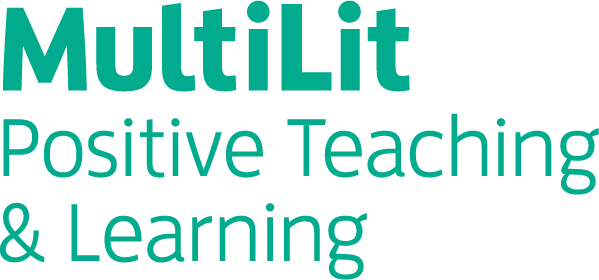Applied Behaviour Analysis (ABA) is the science and practice of applying the psychological principles of learning and social learning theory in a systematic way to promote positive behaviour change and learning. This evidence-based practice is widely used in many contexts in education, particularly in inclusive and special education, as well as in public health promotion, organisational behaviour management and sports science.
There has been controversy with ABA and a misconception that it promotes undesirable and unwarranted behaviour change for neurodiverse individuals. The criticism is that such an approach punishes autistic individuals for simply being autistic. This misunderstanding risks deterring families and educators from seeking effective and evidence-based practices to improve the wellbeing and learning of the individuals they support. Contemporary applications of ABA tailor support to the unique needs, values and desires of each individual and equips them to achieve positive outcomes in learning and life.
MultiLit’s Approach to Positive Behaviour Support in Schools
MultiLit’s Positive Teaching and Learning initiative promotes positive, proactive and inclusive learning environments. Key to the approach is understanding the purpose or need behaviour serves for the child and then providing strategies to help meet these needs. MultiLit’s approach is non-categorical, meaning that it addresses the individual needs of each child, regardless of the presence or absence of a “diagnosis”.
In addition, the approach is based upon a well supported evidence base. This evidence-base includes the fields of behaviour science, psychology, special education and Response to Intervention (RtI). We bring these fields together using a student-centred and strengths-based focus. This enables schools to see the strengths of an individual – what they can do now, what they need and what they can learn as a crucial pathway to best supporting them.
This approach aims to enhance student engagement and wellbeing by teaching educators to understand more deeply the behavioural needs of their students, why the behaviours are occurring and strategies to arrange the environment that help every student thrive. By doing this, we put the focus back on teaching and learning. Educators can teach students to communicate, self-advocate, interact and engage in ways which are safer and more meaningful to their needs, preferences and abilities.
Our professional development series is a strengths-based model that builds the capacity of teachers and schools to create learning environments that are non-restrictive, less reactive as well as more supportive and proactive. In turn, the wellbeing of both students and teachers are nurtured and strengthened.
